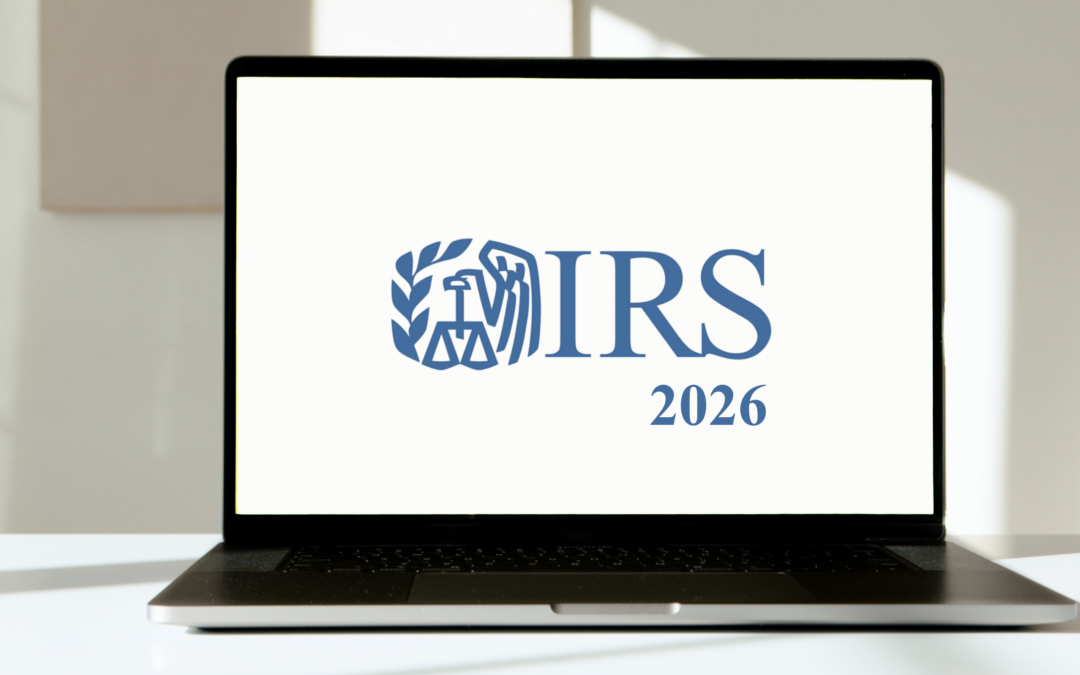Equity compensation has become increasingly common – for good reason.
If your early-stage company goes public, or gets acquired, that equity compensation can be a significant source or income now and as a retirement plan. Owning stock in a company that is already public can also help you build wealth.
Whether public or private, equity compensation comes with complexity.
You need a plan to exercise options, minimize tax consequences, diversify your portfolio, and figure out how it fits in with your retirement planning.
Below are three ways to help you get ahead of the game.
Take Care of the Basics
Retirement planning is about consistently putting away as much you can during your accumulation years to create an income source after you retire. Consider tax-deferred savings of a 401(k) or IRA before you think about what to do with stock. Max these out.
Address Your Concentrated Level
Owning company stock can increase your concentration level pretty quickly, and since you’re holding the stock of your employer, you’re taking double the risk.
The general rule of thumb is that you should hold about 10-15% of your portfolio in a single stock. This includes your employers.
You’ll want to have a plan in place to consistently sell stock and diversify your portfolio. There will be tax implications to the sale, so making the decision in the context of your overall financial picture is critical.
Decide Where the Equity Compensation Fits into Your Retirement Picture
The key of equity is allowing you to retire early and create an income stream without paying the penalty for early withdrawals from a retirement plan.
So, what do you need to do? Decide on how much you want your equity compensation to influence your retirement income. This means looking at your core 401(k), IRA, and Taxable accounts – and balancing that against the value of your equity comp plan. If you use your equity compensation to fund early retirement, you might need to sell your shares.
Remember that taxes will be due and you’ll need a plan to balance when you sell so that you can minimize taxes and take advantage of lower income in retirement.
Wrapping up
As retirement gets closer to reality, assessing the value of your shares is important to understanding your total income picture.
You will likely have both vested and unvested shares, and once you retire, you may have to forfeit any unvested shares. Depending on the value of those shares, you may want to delay your retirement past key vesting dates.
Creating a plan that can produce income, reduce concentration, and minimize taxes will require careful planning. Consider maximizing your sources of tax-deferred savings and create an active plan to manage your equity compensation. This can help you put the pieces together so you can retire on your schedule and fund the life you choose in retirement.
To learn more about a customized plan that works for you, fill out the form below and get matched with a professional financial advisor.
Disclosure:
Investment advisory services offered through TCG Advisors, an SEC registered investment advisor. Insurance Services offered through HUB International. Tax services offered through RPW Solutions.
Although the information in this blog has been compiled from data considered to be reliable, the information is unaudited and is not independently verified.
Different types of investments and investment strategies (including the investments purchased and/or investment strategies devised by Advisor) involve varying degrees of risk, including the complete loss of principal invested, and there can be no assurance the future performance of any specific investment, investment strategy or product detailed in this report will increase in value, be profitable or equal any corresponding indicated historical performance level(s).
The information contained in this post is not intended to be a complete discussion of all federal or state income tax requirements. This information cannot be used by an investor to avoid any income tax penalties that may be imposed under the Internal Revenue Code.
Financial assistance is available! Get matched with a Financial Advisor:



